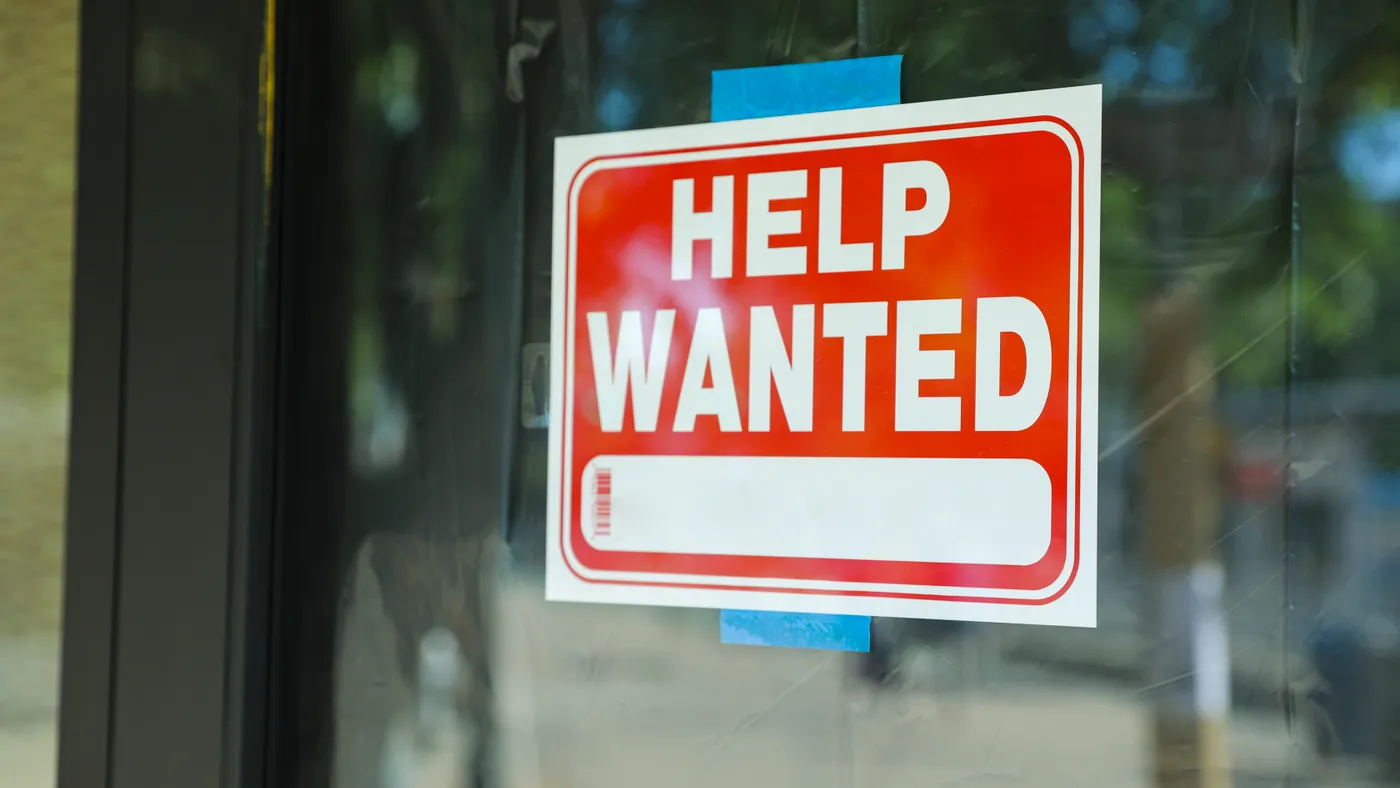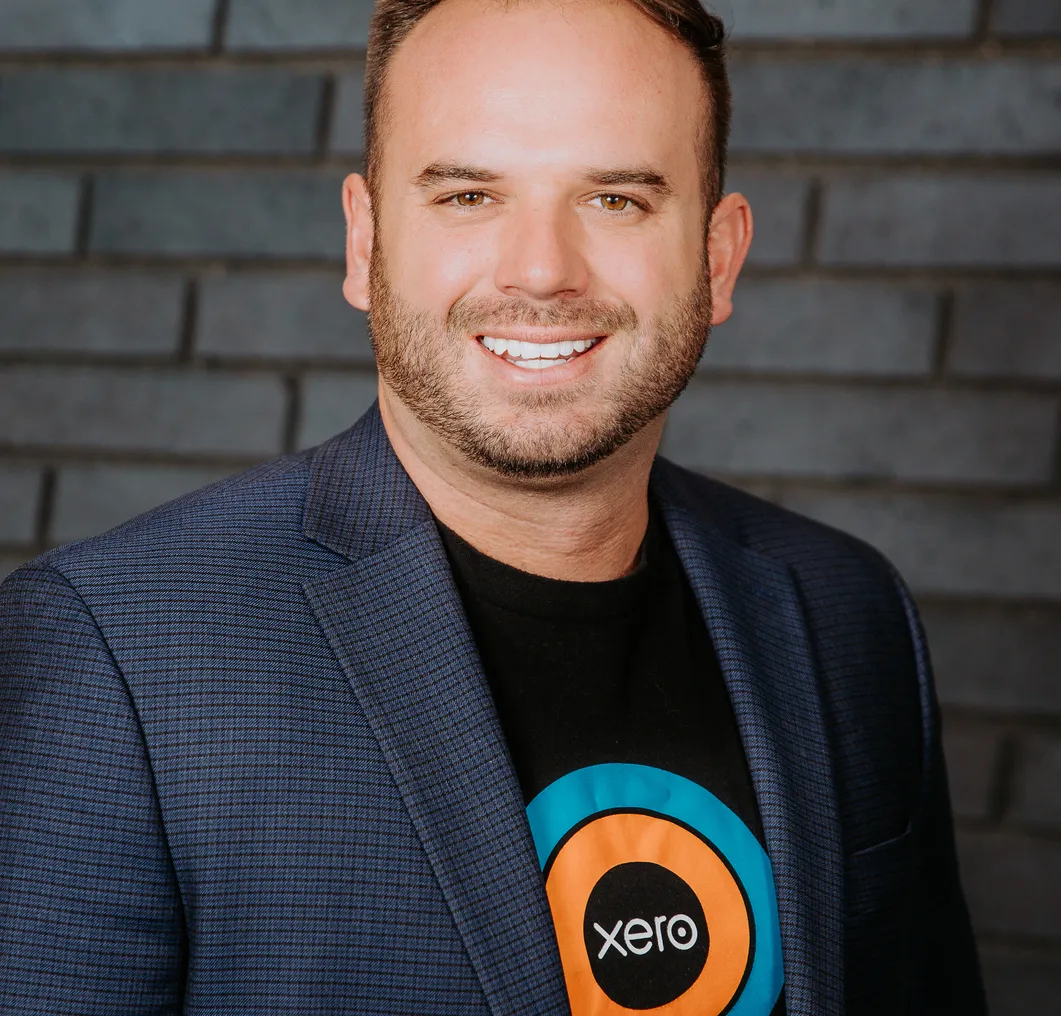
84% of CFOs wrestle with talent crunch
An overwhelming majority (84%) of U.S. and U.K. CFOs are facing a significant talent shortage within their departments due to factors such as high turnover rates and fewer people entering the finance profession, according to tax automation software company Avalara.
Of the different finance functions where CFOs are seeing a talent crunch, accounting ranked at the top of the list, with 81% of respondents reporting a shortage in that area. The list also includes financial planning and analysis (49%), accounts receivable (42%), and accounts payable (39%).
“Finance leaders must balance their company’s business dynamics while navigating unpredictable waters, given the pressures of high inflation, growing talent gaps, and concerns over an impending recession,” Ross Tennenbaum, CFO of Seattle, Washington-based Avalara, said in a Wednesday press release.
The accounting profession has been hit by a perfect storm of retirements, employee retention challenges, and dwindling numbers of graduates who specialize in the field, according to a blog post summarizing the survey findings.
Nearly three quarters of the Certified Public Accountant workforce reached the retirement age in 2020, the post noted. Meanwhile, the industry is struggling to retain younger people, who are leaving “in droves,” it said.
More than 300,000 U.S. accountants and auditors have left their jobs in recent years amid sluggish salaries and tough certification requirements, according to the Wall Street Journal.
While there’s a need for a new influx of talent, the number of people taking CPA exams in 2022 was just over 67,000, down from 72,000 in 2021 — the lowest level on record, the Financial Times has reported.
Of those polled by Avalara, 54% said the decline in accounting graduates is driving a talent shortage. Forty-seven percent said the problem can be attributed to talented people changing careers, and another 47% cited burnout around hours and menial tasks.
The accounting talent shortage has begun showing up in financial statements by companies like Advance Auto Parts, the Wall Street Journal reported in July.
The last few years have been a particularly volatile period for accounting and other professions due to the COVID-19 pandemic, which has triggered a “Great Recalibration” among employees, according to observers.
“With COVID, people are starting to rethink what they want to do with their life and where they are going,” Mike Whitmire, CEO of FloQast, a Los Angeles-based accounting software vendor, previously told CFO Dive.
For CFOs struggling to find the right talent, automation might serve as one way to relieve some of the pain, according to Tennenbaum.
“The rise of artificial intelligence will help finance leaders around the world find new ways to drive savings and help make their current teams more energized by streamlining and automating repetitive accounting and financial tasks to help manage the accountant talent shortage gap that the majority of CFOs are facing,” he said in the Wednesday release.
Avalara’s research was based on a poll of 307 full-time CFOs in the U.S. and U.K. between Aug. 25 and Aug. 31.









